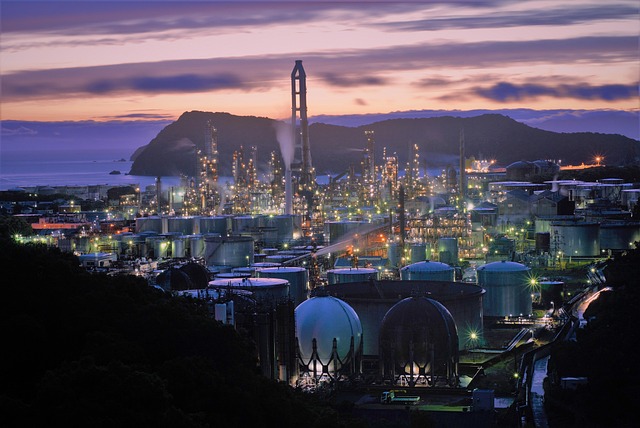The landscape of modern business is undergoing a transformative shift, driven by the advent of industrial robots and their integration into various sectors. The significance of robots in today’s operational realm cannot be understated, paving the way for unprecedented levels of efficiency and productivity. As companies strive to remain competitive, the adoption of automation through robotics is not just an option but a necessity.
Industrial robots have revolutionized the way we think about manufacturing and production processes. These highly specialized machines are designed to perform repetitive tasks with precision and speed, thereby freeing human workers from the monotony of assembly lines. This transition not only enhances productivity but also allows employees to engage in more creative and complex work that requires critical thinking, problem-solving, and innovation.
The integration of artificial intelligence within industrial robots takes automation to the next level. With AI, robots can learn from their environment, make decisions in real-time, and adapt to changing conditions. For instance, advanced robotic systems can optimize their operations by analyzing data collected from sensors, leading to improved efficiency and less downtime. This intelligent approach to automation enables businesses to fine-tune their processes, reduce waste, and ultimately increase profitability.
Furthermore, the impact of industrial robots extends beyond the factory floor. In logistics, warehouses are becoming automated with robots that handle everything from picking to packaging. This shift reduces the risk of human error, accelerates order fulfillment, and enhances customer satisfaction. Businesses that leverage these technologies are not only improving operations but are also redefining their consumer experience.
Moreover, the benefits of automation through industrial robots contribute to a safer work environment. With machines taking over hazardous tasks, such as heavy lifting or working in extreme conditions, there is a significant reduction in workplace accidents. This prioritization of safety not only fosters employee well-being but also helps companies mitigate legal and insurance costs associated with workplace incidents.
However, the move towards automation and the increasing reliance on industrial robots do raise important questions about the future of the workforce. While some jobs may become obsolete, many new roles will emerge that require human oversight, programming, and maintenance of robotic systems. Companies are encouraged to invest in training and upskilling their employees, ensuring that their workforce is prepared for the technological advancements that lie ahead. This commitment to employee development will not only ease the transition but will also create a more adaptable and agile workforce.
As we delve deeper into the age of automation, it is crucial for businesses to embrace the changes brought about by industrial robots. The implementation of these advanced technologies is not merely about replacing human effort; it is about enhancing capabilities and redefining operational standards. With the right approach, businesses can harness the power of industrial robots to drive growth, innovation, and sustainability in an ever-evolving market landscape.




